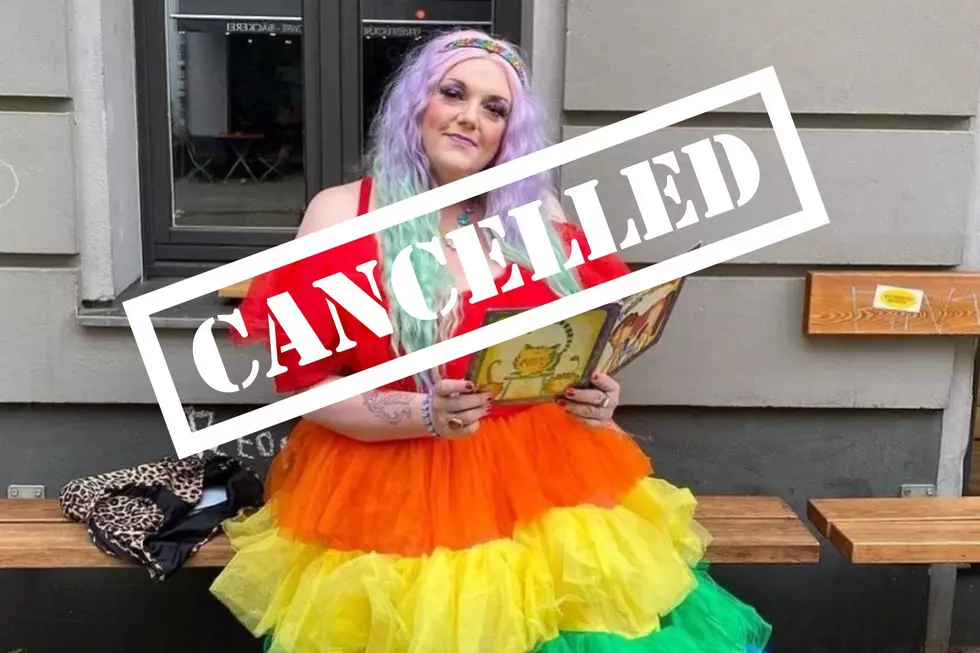
Pennsylvania fiscal watchdogs warn tax hikes could be coming
(The Center Square) — Pennsylvania’s financial future could get complicated as one group warns of an approaching budget deficit.
During a Wednesday preview of Gov. Shapiro’s budget, the Commonwealth Foundation predicted that state overspending has created a structural deficit in the budget.
“We don't have a surplus, we have a deficit,” Commonwealth Vice President Nathan Benefield said. “There’s a $1.1 billion deficit this year…worse yet is the outlook in the future. If we don’t right the ship by 2026, it will require tax hikes with current spending growth.”
Benefield noted that the Independent Fiscal Office predicts a $4 billion deficit that will drain the general fund balance by 2026.
Pulling data from the IFO’s five-year budget outlook, Commonwealth estimated that a $624 million budget deficit in 2023-24 would grow to $3.3 billion by 2026-27 and $4 billion by 2028-29.
A major driver of that deficit, the foundation argued, was Medicaid spending growing faster than revenues.
“It’s more complicated because it’s funded by state and federal governments,” said Elizabeth Stelle, director of policy analysis for the Commonwealth Foundation. “That structure creates incentives for the state to spend more regardless of what the needs of the state might be.”
Over the next five years, she noted, state revenues are expected to grow by about 12%, but medical assistance is expected to grow by 20% and spending on long-term living by 34%.
“We have a major issue when we have a program growing three times as fast as revenue in the next five years,” Stelle said. “That is also politically very challenging because we have made a commitment to our senior citizens in this program.”
Further complicating matters is that federal funding for Medicaid will drop in 2024, leaving Pennsylvania with more responsibility to cover costs.
“Things are not in crisis today, but will be very soon a crisis,” Stelle said. 18m “It’s not something to fix in one year; they’re going to be long-term transitions … If we don't begin to address the Medicaid program and the rate of growth there, we’re not going to have the resources we need for any other parts of the budget.”
Commonwealth was also critical of calls for boosting education spending, pointing to long-term trends.
“Pennsylvania spends $22,000 per student in 2021-22 year, one of the highest in the country,” Benefield said.
Since 2014, state support for education has increased by $5.4 billion (a 54% increase), according to data from the Pennsylvania Department of Education. School district reserve funds have also grown from $3.4 billion in 2014 to almost $6 billion in 2022, Benefield noted.
Instead, he advocated for expansion school choice and a scholarship fund for charter and private schools.
“We are looking to see what he proposes in this budget for school choice,” Benefield said.
The foundation also advocated for more business reforms in Shapiro’s budget proposal.
“Pennsylvania has long been a laggard in economic competitiveness,” Benefield said. “We’re looking for proposals to remove the regulatory burden.”
Benefield and Stelle pointed to the energy sector as an area that needed fewer roadblocks on growth.
“The biggest thing that the state government could do is to take down the government barriers that exist,” Stelle said. “Let’s remove the obstacles we currently have in place.”
LOOK: Cities with the most expensive homes in Pennsylvania
Gallery Credit: Stacker
LOOK: Highest paying jobs in Philadelphia for high school graduates
Gallery Credit: Stacker
More From New Jersey 101.5 FM








